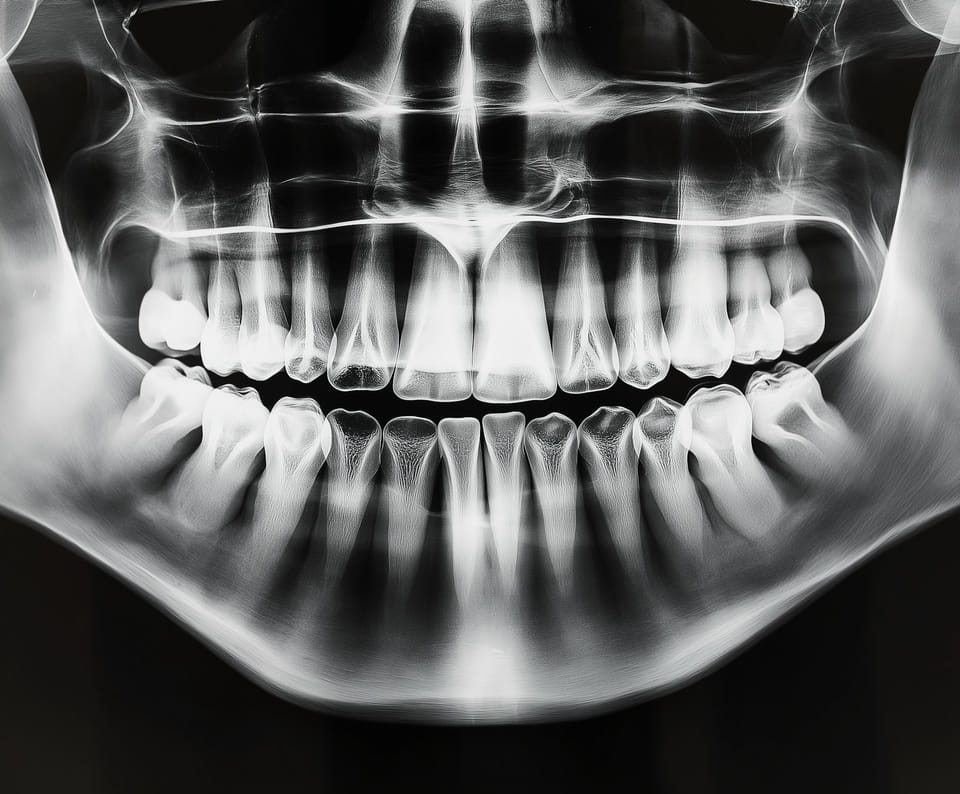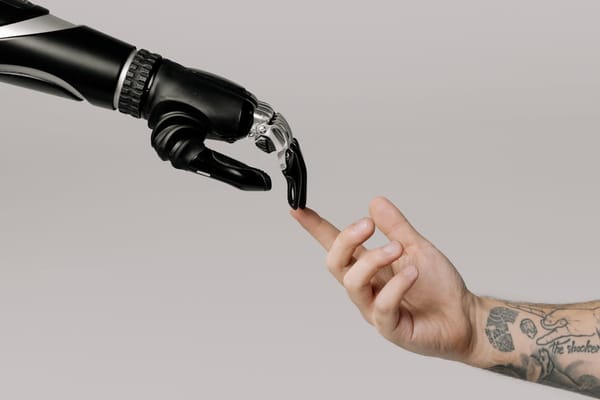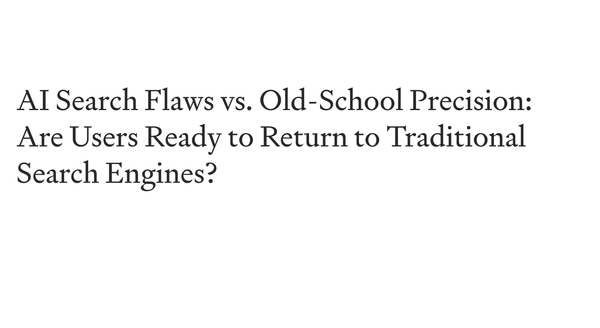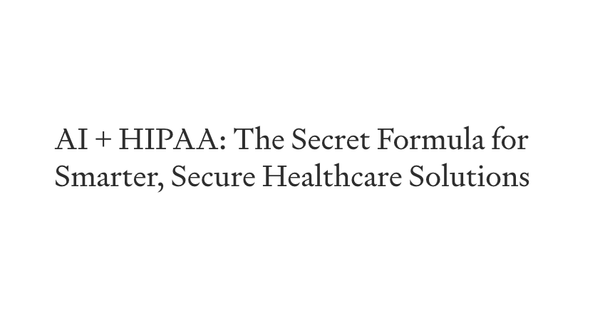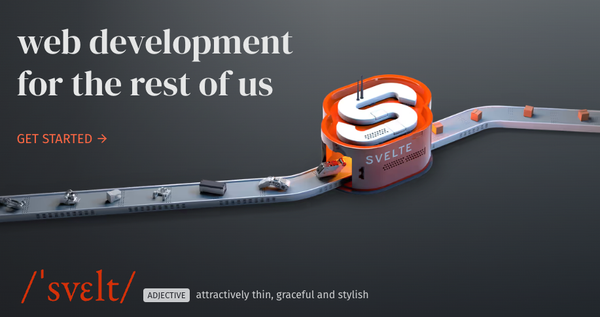The Future of Healthcare AI: How AI is Reshaping Medical Diagnostics, with AI Medical Startup Examples
Table of Content
Artificial Intelligence (AI) and Large Language Models (LLMs) are revolutionizing the field of medical diagnostics, offering unprecedented opportunities for more accurate, efficient, and accessible healthcare. These cutting-edge technologies are reshaping the medical landscape by enhancing diagnostic accuracy, streamlining clinical workflows, and enabling early disease detection.
This post delves into how AI and LLMs are transforming healthcare, presenting real-life examples, exploring innovative use cases, and showcasing some of the most promising AI-driven medical startups that are at the forefront of this technological revolution.
How AI Enhances Medical Diagnostics
AI-based diagnostic tools are transforming healthcare by:
- Analyzing medical images with superhuman accuracy
- Processing vast amounts of patient data to identify patterns and risk factors
- Assisting in early detection of diseases
- Providing decision support for healthcare professionals
- Enabling personalized treatment plans
Real-Life Cases and Use Cases
1. Skin Cancer Detection
In a groundbreaking study published in Nature, an AI system demonstrated remarkable proficiency in identifying skin cancer, rivaling the accuracy of expert dermatologists.
The AI, trained on an extensive dataset comprising nearly 130,000 clinical images, showcased its ability to classify skin lesions with a level of competence equivalent to that of seasoned dermatologists. This breakthrough highlights the potential of AI to revolutionize medical diagnostics, particularly in the field of dermatology, by providing rapid and accurate assessments of potentially cancerous skin lesions.
2. Diabetic Retinopathy Screening
Google's DeepMind has developed an AI system capable of detecting diabetic retinopathy with over 90% accuracy.
This groundbreaking technology has the potential to revolutionize eye care globally, particularly benefiting regions with limited access to ophthalmologists. By enabling early detection and intervention, this AI system could significantly reduce vision loss and improve patient outcomes in underserved areas.
3. COVID-19 Detection from Chest X-rays
During the COVID-19 pandemic, researchers developed sophisticated AI algorithms capable of detecting the virus from chest X-rays with remarkable accuracy. This innovative approach significantly enhanced the efficiency of diagnostic processes, enabling rapid screening and prioritization of cases in overwhelmed healthcare systems.
By leveraging AI technology, medical professionals could quickly identify potential COVID-19 cases, allowing for prompt isolation and treatment, thus playing a crucial role in managing the spread of the virus and optimizing resource allocation in overburdened hospitals.
4. Predicting Alzheimer's Disease
Researchers have developed sophisticated AI models that can predict Alzheimer's disease years before clinical diagnosis becomes possible.
These advanced models meticulously analyze brain scans and comprehensive patient data to identify subtle early signs of cognitive decline, potentially revolutionizing early intervention strategies.
Leading Medical AI Startups
Several innovative startups are leading the charge in AI-driven medical diagnostics, revolutionizing healthcare with cutting-edge technologies:
- Viz.ai: Specializes in AI-powered stroke detection, analyzing CT scans in real-time to identify potential strokes and promptly alert physicians, significantly reducing diagnosis time and improving patient outcomes.
- Butterfly Network: Pioneers AI-enhanced portable ultrasound devices, making medical imaging more accessible and affordable. Their handheld devices connect to smartphones, enabling point-of-care diagnostics in various clinical settings and remote areas.
- Zebra Medical Vision: Offers a comprehensive suite of AI-based imaging analytics tools for multiple medical conditions. Their algorithms can detect various abnormalities in CT, MRI, and X-ray images, assisting radiologists in making more accurate and efficient diagnoses.
- Freenome: Focuses on early cancer detection using machine learning and blood-based tests. Their innovative approach combines genomics, transcriptomics, and proteomics data to develop highly sensitive and specific screening tools for various cancer types.
- Tempus: Leverages AI to analyze vast amounts of clinical and molecular data, enabling personalized cancer care. Their platform integrates genomic sequencing, clinical data, and advanced analytics to provide actionable insights for oncologists, supporting more targeted and effective treatment strategies.
Future Predictions and Emerging Trends
The future of AI in medical diagnostics is not just promising; it's poised to revolutionize healthcare as we know it.
As technology continues to advance at an unprecedented pace, we can anticipate several groundbreaking developments:
- Personalized Medicine: AI will usher in an era of highly tailored treatment plans, meticulously crafted based on an individual's unique genetic makeup, comprehensive health history, and real-time physiological data. This level of personalization will significantly enhance treatment efficacy and minimize adverse effects, leading to better patient outcomes across various medical conditions.
- Predictive Healthcare: Sophisticated AI models will evolve to predict health risks with remarkable accuracy, often long before any symptoms manifest. These predictive capabilities will enable healthcare providers to recommend targeted preventive measures, potentially averting the onset of diseases or catching them at their earliest, most treatable stages.
- Remote Diagnostics: The integration of AI-powered telemedicine will democratize access to expert-level diagnostics, particularly benefiting individuals in remote or underserved areas. This technology will bridge geographical gaps, ensuring that high-quality medical expertise is available to patients regardless of their location, potentially saving countless lives through early and accurate diagnoses.
- AI-Human Collaboration: We'll witness a paradigm shift towards more seamless integration of AI tools in clinical workflows. Rather than replacing human expertise, AI will augment and enhance it, creating a synergistic relationship between healthcare professionals and intelligent systems. This collaboration will lead to more accurate diagnoses, efficient treatment planning, and improved overall patient care.
- Continuous Monitoring: The convergence of wearable devices and AI will revolutionize health monitoring, providing real-time, comprehensive health data and early warning systems. These advanced systems will not only track vital signs but also analyze complex patterns to detect subtle changes that might indicate the onset of health issues, enabling proactive interventions and personalized health management.
- Multi-modal AI Diagnostics: Future AI systems will integrate data from various sources - imaging, genomics, clinical history, and even social determinants of health - to provide holistic diagnostic insights. This comprehensive approach will lead to more accurate and contextually relevant medical assessments.
- AI-Driven Drug Discovery: AI will accelerate the process of drug discovery and development, potentially reducing the time and cost involved in bringing new treatments to market. This could lead to more rapid responses to emerging health threats and the development of personalized medications.
Challenges and Considerations
While the potential of AI in medical diagnostics is immense, there are several significant challenges that need to be carefully addressed:
- Ensuring data privacy and security: As AI systems rely on vast amounts of sensitive medical data, robust measures must be implemented to protect patient confidentiality. This includes developing secure data storage systems, implementing strict access controls, and ensuring compliance with regulations like HIPAA. Additionally, as AI models often require large datasets for training, anonymization techniques must be perfected to prevent any potential re-identification of individuals.
- Addressing potential biases in AI algorithms: AI systems can inadvertently perpetuate or even amplify existing biases in healthcare. These biases may stem from underrepresented groups in training data, leading to less accurate diagnoses for certain populations. Rigorous testing and diverse datasets are crucial to ensure that AI tools perform equitably across different demographics. Ongoing monitoring and regular updates to algorithms are necessary to identify and mitigate any emerging biases.
- Regulatory approval and integration into existing healthcare systems: The integration of AI into healthcare requires navigating complex regulatory landscapes. Regulatory bodies must develop frameworks that ensure the safety and efficacy of AI-driven diagnostic tools while not stifling innovation. This involves creating standards for clinical validation, establishing guidelines for continuous monitoring of AI performance in real-world settings, and developing protocols for updating and improving AI systems over time. Moreover, healthcare institutions need to overcome technical and operational challenges to seamlessly integrate these new technologies into their existing workflows and IT infrastructure.
- Training healthcare professionals to work effectively with AI tools: The successful implementation of AI in healthcare depends on the ability of medical professionals to understand, trust, and effectively use these new tools. This requires comprehensive training programs that not only teach the technical aspects of using AI systems but also help clinicians interpret AI-generated insights in the context of their medical expertise. Furthermore, medical education curricula need to be updated to include AI literacy, ensuring that future generations of healthcare providers are well-equipped to work alongside these advanced technologies. Ongoing professional development will be crucial to keep pace with rapidly evolving AI capabilities in the medical field.
Conclusion
The AI and LLM revolution is ushering in a new era of medical diagnostics, promising more accurate, efficient, and accessible healthcare. As these technologies continue to evolve, we can expect to see significant improvements in patient outcomes, early disease detection, and personalized treatment plans.
The future of healthcare is here, and it's powered by artificial intelligence.
Resources
- Nature: Dermatologist-level classification of skin cancer with deep neural networks
- Nature Medicine: Development and Validation of a Deep Learning Algorithm for Detection of Diabetic Retinopathy in Retinal Fundus Photographs
- The Lancet Digital Health: Artificial intelligence–enabled rapid diagnosis of patients with COVID-19
- Scientific Reports: Prediction of Alzheimer's disease using artificial intelligence
- Viz.ai Official Website
- Butterfly Network Official Website
- Zebra Medical Vision Official Website
- Freenome Official Website
- Tempus Official Website

